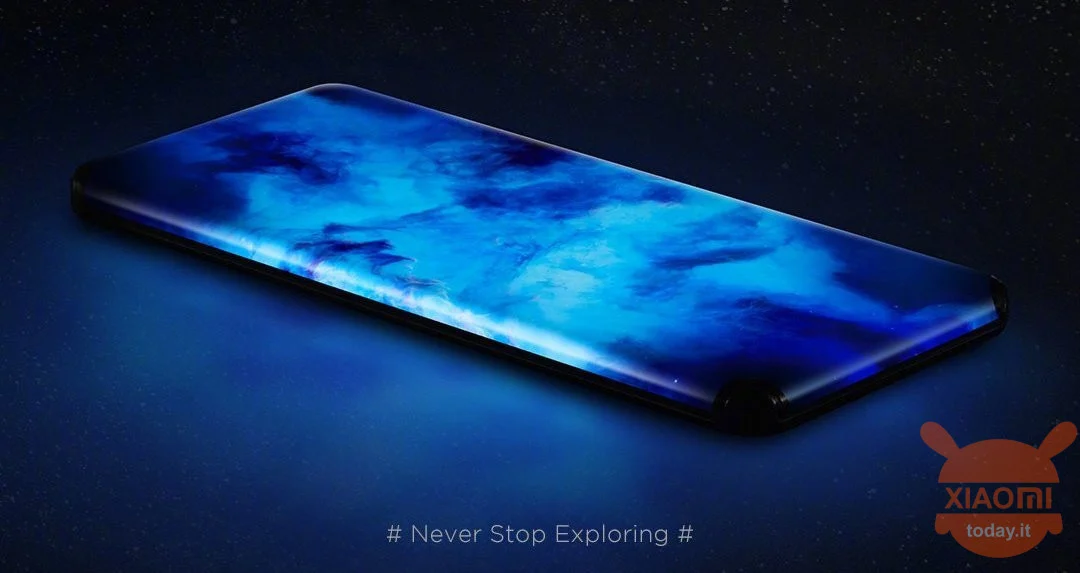Buying a smartphone can be overwhelming, as there are many models, brands, and features to choose from. In this ultimate guide, we will take you through the different factors to consider when buying a smartphone.
- Operating System: The operating system is the software that runs on your smartphone, and it determines the user interface, features, and apps that you can use. There are two main operating systems: iOS and Android. iOS is used exclusively on Apple iPhones, while Android is used on smartphones from various manufacturers such as Samsung, OnePlus, and Google. Both operating systems offer a range of features and apps, but they have their own distinct design and feel. It’s important to choose the operating system that best suits your needs and preferences.
- Processor: The processor, also known as the central processing unit (CPU), is the brain of your smartphone. It handles all the tasks that your phone needs to perform, such as opening apps, browsing the internet, and running games. There are different types of processors from various manufacturers such as Qualcomm, Samsung, and MediaTek. The latest processors offer better performance and efficiency, so consider buying a phone with the latest processor if you need a high-performance phone. However, keep in mind that higher-end processors tend to be more expensive.
- RAM: RAM, or random access memory, is the temporary storage space that your phone uses to run apps. The more RAM you have, the more apps you can run simultaneously, and the smoother your phone will run. Most smartphones come with at least 4GB RAM, but if you’re a heavy user, consider getting a phone with at least 6GB RAM or more. Keep in mind that more RAM also means higher costs, so consider your budget carefully.
- Storage: Storage refers to the amount of space available on your phone to store files, photos, and apps. Most smartphones come with at least 64GB of storage, which should be enough for most users. However, if you take a lot of photos or store a lot of files, consider getting a phone with at least 128GB of storage or more. Some phones also offer expandable storage options, such as a microSD card slot, which can help you add more storage space if needed.
- Camera: The camera is an important factor to consider if you take a lot of photos or videos with your phone. Different smartphones come with different camera specifications, such as megapixel count and lens quality. Look for a phone with a camera that suits your needs, whether it’s a high megapixel count for detailed photos or a wide-angle lens for group shots. Keep in mind that higher-end cameras tend to be more expensive.
- Battery Life: Battery life is an important factor to consider, especially if you use your phone heavily throughout the day. Look for a phone with a battery that can last at least a full day on a single charge. Some phones also come with fast charging features that allow you to quickly charge your phone, which can be useful if you’re always on the go.
- Display: The display is an important factor to consider as it affects your viewing experience. Look for a phone with a display that suits your needs, whether it’s a larger display if you watch a lot of videos or a smaller display if you prefer a more compact phone. Pay attention to the resolution and pixel density, as well as the type of display technology, such as OLED or LCD.
- Durability: The durability of a phone is also an important factor to consider, especially if you tend to drop your phone or use it in challenging environments. Look for a phone with a water and dust resistant design if you plan to use it in wet or dusty environments. Some phones also come with military-grade durability certifications, which can give you peace of mind if you’re worried about your phone breaking easily.
- Price: Smartphones come in a wide range of prices, from budget-friendly options to high-end models. Determine your budget before you start looking for smartphones, and make sure to compare different models to get the best value for your money.
In conclusion, buying a smartphone can be overwhelming, but by considering these factors, you will be able to make an informed decision and choose the best smartphone for your needs and budget.

